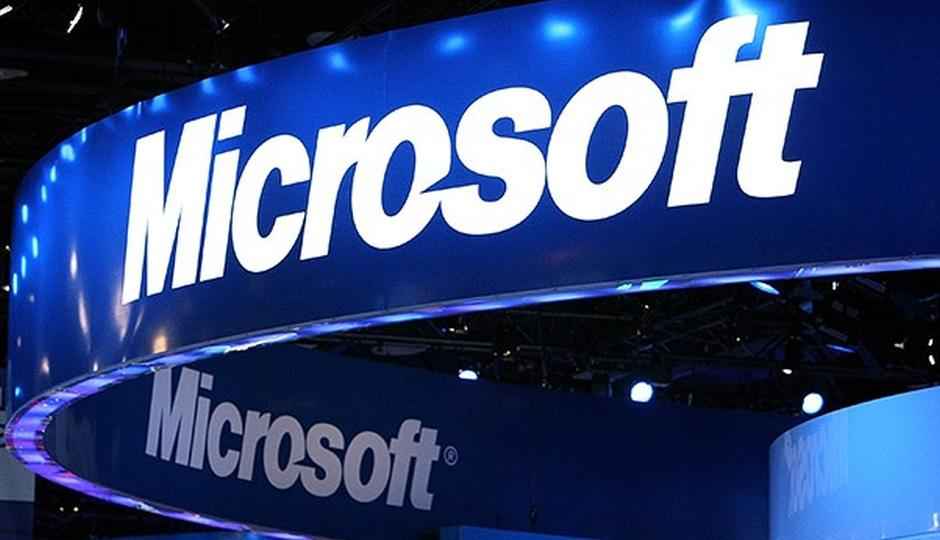Microsoft files legal suit against Indian company for making false claims
Microsoft sues Indian company for fraudulent claims of association with its tech support.

Microsoft is suing several companies, including an Indian one, for falsely claiming that they are affiliated to Microsoft's technical support. The companies were exploiting users and hacking their computers by pretending to be from Microsoft.
 Survey
SurveyMicrosoft’s legal suit says that nearly 3.3 million Americans fall victim to technical support scams every year and lose $1.5 billion. The company says that many unsuspecting users were called from US numbers by individuals who claimed that they were from Microsoft support and had identified a problem with the users PC. Then they asked the user to download a website or a program which was used to collect information, financial data or even gain remote access of the computer to gain ransom. The tech giant reports that it has received over 65,000 complaints about such scams since May.
Senior Microsoft attorney Courtney Gregoire wrote in a company blog, “These scammers claim to find non-existent computer viruses and infections then con people out of their hard-earned money for bogus tech support, in addition to stealing personal and financial information or even installing new malicious software.”
A Microsoft spokesperson stated, “In its first big strike against technical support scamming companies, Microsoft’s Digital Crimes Unit (DCU) filed a civil lawsuit in federal court in the central district of California against Omnitech Support and related entities for unfair and deceptive business practices and trademark infringement.”
Among the companies named is C-Cubed Solutions Private Limited, which is “a private business company formed under the laws of India” that operates the mail server through which “fraudulent technical support businesses communicate with customers”.
“Consumers will never receive a call from Microsoft or our partners asking for a credit card number to charge for computer fixes,” the Microsoft spokesperson said. “Our guidance for consumers is to never provide your personal information to unsolicited callers and or e-mailers, and if they are having a problem with their PC, contact Microsoft customer service and support.”
The U.S. Federal Trade Commission advised consumers, “If you get a call from someone who claims to be a tech support person, hang up and call the company yourself on a phone number you know to be genuine. A caller who creates a sense of urgency or uses high-pressure tactics is probably a scam artist.”
Source: The Hindu
Silky Malhotra
Silky Malhotra loves learning about new technology, gadgets, and more. When she isn’t writing, she is usually found reading, watching Netflix, gardening, travelling, or trying out new cuisines. View Full Profile